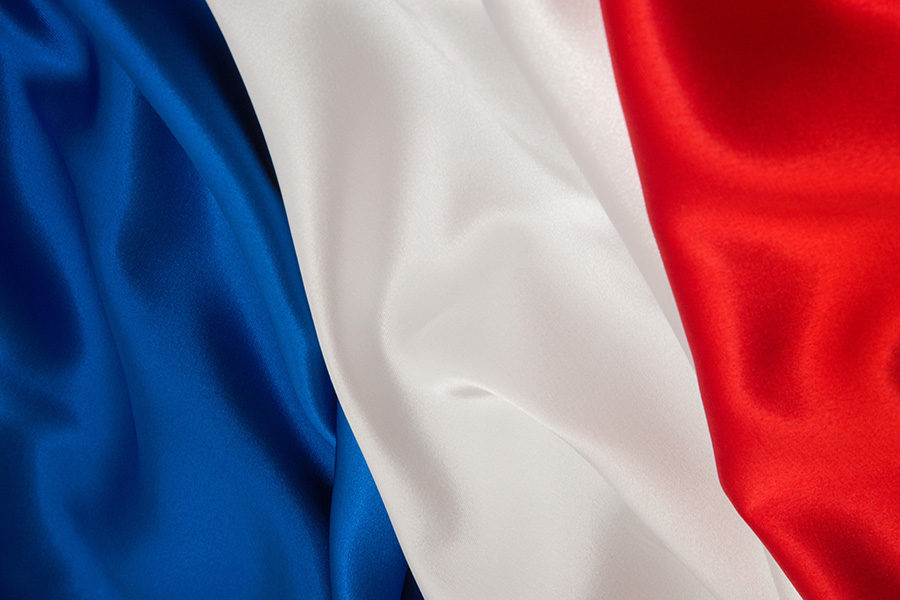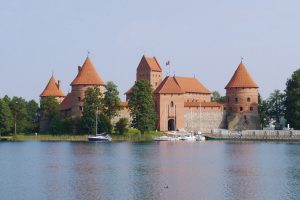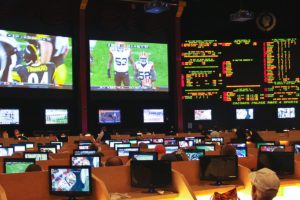French gambling ombudsman received 1,373 requests for mediation in 2022

The number of requests represents a drop of 20.8 per cent year-on-year.
France. The French gambling regulator L’Autorité Nationale des Jeux (ANJ) has delivered its third annual report on the activities of France’s gambling ombudsman. It reveals that ombudsman Denys Millet received 1,373 requests for mediation in 2022, a drop of 20.8 per cent compared to 2021.
There were 744 admissible requests compared to 629 that were deemed to be inadmissible. Some 20 per cent of them involved Winamax, down from 39 per cent in 2021 due to a lower number of repeat complaints and fewer disputes regarding welcome offers.
As in the previous year, the vast majority of the requests for mediation involved sports betting (90.1 per cent). Only 5 per cent involved lottery games, 5 per cent casino games and 1 per cent horse racing. Of the sports betting disputes, 20 per cent involved Winamax, 17 per cent Betclic, 14 per cent SPS Betting France, 14 per cent FDJ and 11 per cent PMU.
As for casino games, close to three quarters of cases involved Winamax. Of the few horse racing cases, half involved PMU.
Recommendations for gambling operators
Millet provided four recommendations for operators that he said could reduce the number of complaints filed. He said that in instances of blocking player accounts, operators should give a reason for the action.
He urged operators to reduce the turnaround time for withdrawal requests and also recommended leniency with accounts that accidentally input data that does not match the player’s ID. He suggested they review the situation rather than immediately close the account, which could trigger a complaint. Finally, he urged greater transparency with regard to deposit limits being put in place to protect players.
The ombudsman role was created in 2020 alongside the creation of the ANJ. Millet mediates in disputes between players and licensed operators in a bid to reach amicable settlements.
The ANJ’s president Isabelle Falque Pierrotin said there were signs that the regulator’s work with the ombudsman has been positive for safer gambling.
She said: “Both the gambling mediator and ANJ are in their third year of operation, and this period offers them enough hindsight to engage in a critical assessment of their respective activities and their mutual relations.
“Regarding these, it seems to me that we have made good progress and that our two missions support each other to improve player protection.”
Earlier this month, the ANJ published new guidelines on gambling advertising. The new recommendations include a prohibition on the use of active athletes and referees in gambling campaigns and betting partnerships.
Meanwhile, minors must be excluded from participation in commercial activities connected with partnerships with a gambling operator. Active athletes will be prohibited from making predictions about competition outcomes and from actively promoting odds on a match in their discipline.
Its recommendations cannot be imposed by law, but it said it would propose legislative and regulatory changes if clubs and operators do not follow them, noting the all-out bans on gambling adverts that are to be introduced in the Netherlands and Belgium next month.











